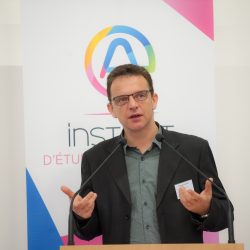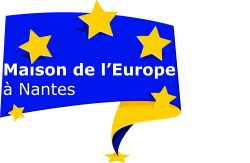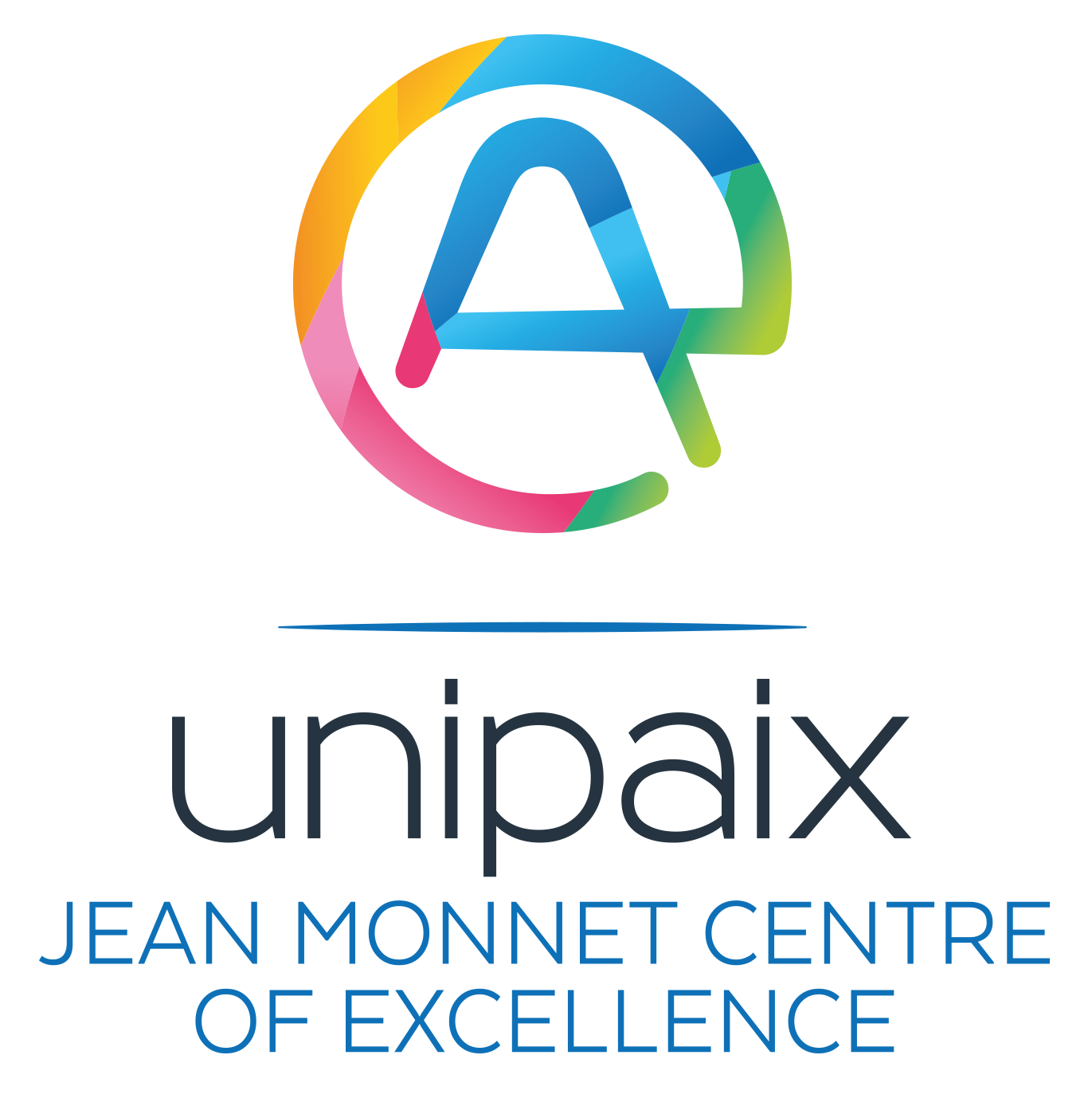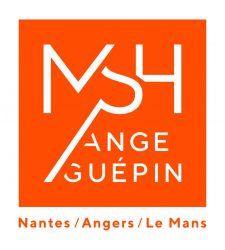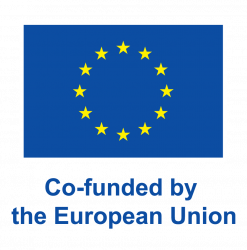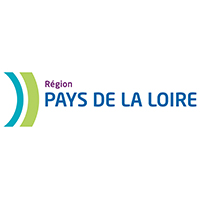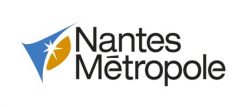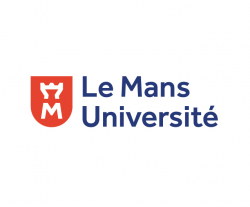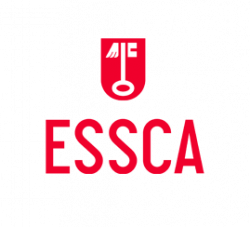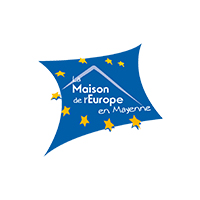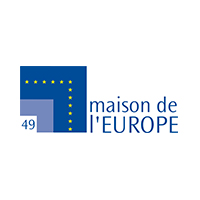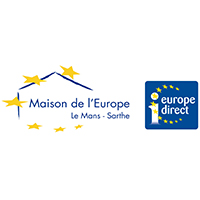Following the collective reflection carried out during the Forum Europa 1#, co-organised by Alliance Europa and the House of Europe (Maison de l’Europe) of Nantes in January 2021, the Focus Group is the result of the group working on the challenge “Participation and citizenship: How to better involve citizens or how to develop their action and their reflection on Europe at the local and regional levels?”. During this work, beyond the question of citizen participation, the notion of distant publics, and especially young people from 16 to 25 years old, appeared to be a priority and should be integrated into the issue.
The project “Focus Group on the perception of Europe by the 18-25 year olds” aims at gathering a “fixed” group of young people aged 18-25 from the political districts of the city (QPV) in order to study, within the framework of a citizen dialogue, variables of behaviour, thoughts, feelings, commitment with a view to understanding their relationship to Europe. The aim of this is to better understand the perception of Europe by these young people, who are considered distant or resistant, and to develop actions or projects that are more in line with their expectations, their interests and to develop their curiosity for the European project.
This action research approach, involving the University of Nantes and the Maison de l’Europe de Nantes, will be based on the proven methodological contributions of the Focus Group, a technique deployed since World War II in the United States based on the work of Kurt Lewin on group dynamics.
The identified objectives of this project can be summarised as follows :
-To set up a new action-research approach, in association with the University of Nantes and the Maison de l’Europe de Nantes, on the issue of young and distant audiences
-To collect material according to a methodology that has not yet been tested by the actors that we are on this type of subject
– To analyse the data, to identify the apriori/resistances/reservations about Europe and to collect qualified information
– To share the elements of analysis produced by academic experts and share with partners and stakeholders
– Identify lines of action and collective projects to work on for these audiences not reached by our actions
– To propose, in long term, experimental approaches and adapted solutions, to be developped with cultural médiation actors, city policy actors, associations with a European vocation, the field of popular education, etc.


